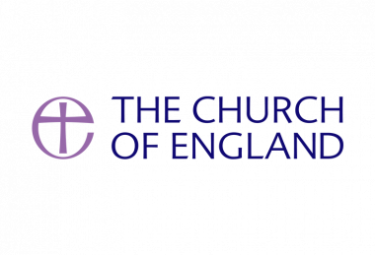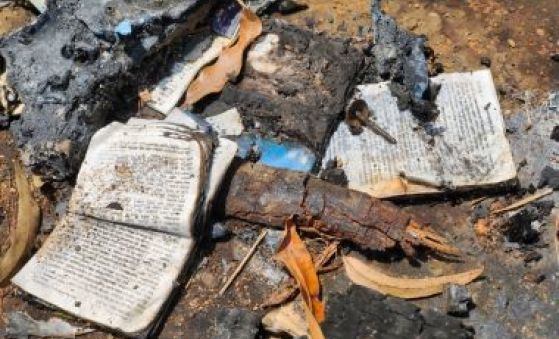
A leading barrister has published her report on the first phase of the Church of England's Independent Safeguarding Board (ISB).
Sarah Wilkinson, from Blackstone Chambers, was asked by the Archbishops' Council in August to carry out an independent review into the work and subsequent termination of ISB board members.
Tthe ISB was controversially disbanded in June with the sacking of members, Jasvinder Sanghera and Steve Reeves, and acting chair Meg Munn following a breakdown in relations.
The Archbishops' Council asked Ms Wilkinson to set out a clear account of events from the inception of the ISB to the termination of the members' contracts, and to establish the reasons for the terminations and any lessons that should be learnt.
In her report, Ms Wilkinson said that a "complex matrix of reasons" lay behind the termination of the ISB members' contracts, including roles that were "not clearly defined".
"The ISB was designed under extreme time pressure imposed principally by the Archbishop of Canterbury," said the report.
"While the intention to create an independent safeguarding function rapidly was laudable, the speed at which it had to be designed resulted in serious design flaws."
Other problems included "misunderstanding" about the legal status of the ISB, which was "unclear from its inception".
There was also confusion around its name and where operational independence ended and oversight by the Archbishops' Council began.
Governance arrangements were "inadequate from its inception and left it vulnerable to personal conflicts between the ISB members and to contingencies", the report continued.
"The legal ambiguities and inadequate governance arrangements led the three original members of the ISB to adopt entrenched positions when a dispute arose because their working relationships with each other and with the NCIs [National Church Institutions] were not clearly defined," said Wilkinson.
"In particular, the Survivor Advocate and Independent Member, understandably considering themselves as bulwarks against the erosion of the ISB's independence as they saw it, adopted confrontational and intransigent positions in disputes, particularly when they refused to meet others when a dispute had arisen.
"All the ISB members found themselves in an almost impossible position when disputes arose because well-meant efforts to mediate disputes by the Archbishops' Council staff and the Archbishops themselves simply exemplified and exacerbated the arguments about where operational independence ended and governance oversight began."
However, the review says that the "most significant short term cause" of the terminations was the appointment by the Archbishops' Council of the acting chair without consulting the other ISB members.
The breakdown in relations that followed made the termination of their contracts "almost inevitable", said Wilkinson.
Recommendations include mandatory training on the trauma-informed handling of complainants, victims and survivors for everyone involved in decision-making about safeguarding issues, including the Archbishops, case workers, members of the Archbishops' Council, and "ideally" members of General Synod.
Other recommendations include plugging a "scrutiny gap" by ensuring an adequate appeal process in safeguarding investigations and outsourcing governance of any new safeguarding body.
"The set up of any new oversight body should not be rushed," the report said.
The report has been sent to Professor Alexis Jay, who has been asked to develop proposals for a fully independent structure for safeguarding scrutiny in the Church of England.
Speaking on behalf of the Archbishops' Council, the Archbishop of Canterbury, Justin Welby, and Archbishop of York, Stephen Cottrell, said the Council would be discussing the findings over the coming weeks.
"Although we will respond in more detail later, we want to say now that we deeply regret the flaws exposed by this report, especially in the design and governance of the ISB which contributed to the ultimate breakdown in relationships and take our share of responsibility for that breakdown," they said.
"We particularly regret the impact this has had on victims and survivors of abuse.
"The report is clear that the breakdown in relationships between the ISB members following the appointment of the acting Chair - which was evident at the Archbishops' Council's meeting on May 9, 2023 - was the event which made termination of their contracts almost inevitable.
"It found no evidence for claims that other motives lay behind the decision, although it recognised it was unsurprising the subject of case reviews might have thought otherwise.
"It is vital that we now learn lessons and do not lose sight of those for whom the delivery of independent oversight is crucial - the survivors and victims of abuse – and, more widely, all those who come in contact with the Church and who place their trust in us to deliver the highest standards of safeguarding."
Republished from Christian Today UK.




